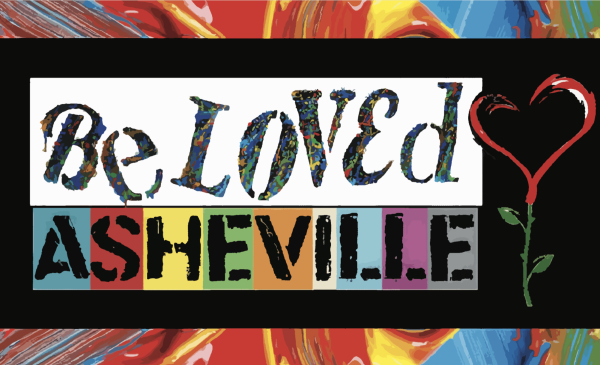ChatGPT creates new type of cheating in schools
Ever since the pandemic, the majority of schoolwork has been done through online devices. With this shift and ChatGPT’s recent explosion in popularity, this has given some students the idea to use AI chatbots for their assignments.
ChatGPT is a highly adaptive AI chatbot, capable of communicating and answering prompts given to it. It is already on its fourth model after only five months of being online. The newest model has more reasoned, complex and detailed answers than previous ones.
However, ChatGPT is not perfect. The program has no access to the internet, lacks emotion, requires precise instructions and its own guidelines are easily surpassable.
This is corroborated by an anonymous student, who has used ChatGPT for assignments.
“Sometimes [ChatGPT] doesn’t work, and you have to do it on your own,” the source said.
Some teachers claimed not to have experienced any instances of ChatGPT cheating in their classrooms. After all, chatbots are still very new and experimental and not all forms of class work are compatible with these chatbots.
“I don’t think that it has been a significant problem for right now,” teacher Elizabeth Thiel said. “I think that it has the potential to be a problem.”
While cheating with AI chatbots doesn’t seem to be that common at the moment, as the years and technology progress, this form of cheating may only become more frequent.
With the risk that chatbots pose, some teachers may wonder how they can adapt to it.
“There’s AI detectors that you can submit student work to,” teacher Melanie Guthrie said. “ChatGPT is getting better the more it’s used. The checker is the same way.”
AI detectors are websites that teachers could put student work into to check for potential use of ChatGPT. While the checker may get better over time, it requires updates and revisions to improve. AI checkers are improved by programmers, and it isn’t stated whether or not it improves with public use or input.
While these methods can be effective, they still provide an unneeded problem. Teachers not only will have to give and grade assignments, but they will now have to use methods like AI detection sites in order to curb the use of these chatbots.
“It’s making teachers’ jobs a bit more tedious because now we have to run it through an AI checker,” Guthrie described.
Just like these chatbots, AI detectors are still being worked on and can be just as faulty, even having the possibility of giving false positives and misidentifying student work as AI-generated.
With these current shortcomings, teachers will have to come up with other ways to counter ChatGPT as well.
“Teachers are going to need to assign less ChatGPT-able assignments,” Thiel said. “Doing in-class writing that’s tech-free: writing about personal connections and experiences and activities that have happened in class. ChatGPT can’t write about your own experiences.”
It isn’t impossible to catch instances of chatbot cheating. In fact, it’s quite the opposite. Both Thiel and Guthrie have caught students using this form of cheating in their classes.
“It’s often quite obvious when students plagiarize,” Guthrie said. “The writing is significantly different.”
While teachers may react negatively to cheating, some students feel as if using a chatbot is a natural reaction to the work they’ve been given.
“If you’re giving me an assignment that’s so pointless that it could be written by AI, then you should expect kids to use AI,” the anonymous source said.
Stone is a senior (he/him) and he is passionate about knowledge, music and science. People describe him as well thought-out, introverted and funny (“I hate him” - his friends). He loves being a journalist because he likes to spread awareness and information on unknown topics.






